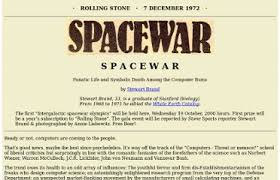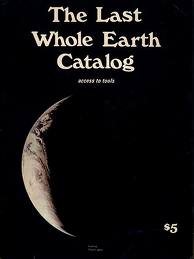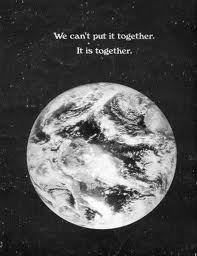When I was reworking my last blog (about rationality and rationalization), I was staying at a friend’s cottage in rural France. In this isolated valley, there was no internet, and no access to a phone’s data connection. As always, I found the absence of a thing, gave me space to reflect on its importance (or lack of it).
And my thoughts, influenced by the blog I was working on, and my background, were about how our relation to the web reflects our involvement with the pleasure/reality principles.
What is the word we most commonly use when talking about our access to the web? That we’re connected. As a therapist I have to ask, connected to what? Because our favourite websites, Tumblr and Facebook pages, Youtube videos, etc. are not ends in themselves. The fact that we can be/are connected to them means something to us.
In psychoanalytic shorthand, connection is an issue to do with the mother. When we’re born, we’re deeply connected, indeed psychically merged with, our mothers. The life-long process of growing up involves separating from the mother (and all her later iterations in life – teachers, mentors, partners, bosses) and becoming your own person.
The overriding value of the web is connection. Hardly anyone on it speaks about the value of separateness/separation. Is this a clue to its psychic meaning?
Separation from a loved one involves pain (as I discussed in my earlier blog, Memory and It’s Relation to Loss). Separation from the internet (as I’m very aware in its absence) also involves feelings of loss. One becomes conscious of how much one uses the web as an aide de memoir. My recent queries include: when was The Terminator made? when was Where the Wild Things Are published? where is Provence? As I asked each question, and realized I couldn’t google the answer, I had to confront its absence. Are these not-terribly-important queries so very different in meaning from: where are my trainers, mum? where did you put my favourite t shirt? when’s Neal’s birthday party?
When there’s no wifi, you become aware of how quickly the ubiquitous connection to the internet has become important/essential/taken for granted, even for those of us who still remember dial-up connections. Is this because it fits an earlier model, not so buried in our psyche, the ubiquitous connection to our infantile mum? Is the web the always-there and all-knowing mum we never have to separate from?
Let’s consider more about the phenomenology of being plugged into the web: I would say we’re in a world in which there is no lack, but always an answer or a response (even if we have to search for it); no separation but always a bond to our “friends” even if it’s only to their postings or emails. Moreover, our connection to the internet is timeless – when we’re plugged in/connected, time vanishes and has no meaning. The passing of time is, of course, one of the most important markers of the “real world.”
What so striking about all this is that it’s so different from my reasons (or should I say rationalizations?) for loving the web. I’m a technophile. I’ve observed happily, and participated in, every stage of the development of the web, from the very first space wars games played on intranets and described by Stewart Brand in a classic Rolling Stone article.
If you’d asked me what I loved about the web I would have said the way it gives me access to knowledge, to facts, to solutions to problems, to the latest news, to persons who had deep knowledge of particular areas. I loved that precursor of the web, the Whole Earth Catalogue, for similar reason: the way it gave me access to the enthusiasm and specialized knowledge of people who had plowed a particular furrow deeply and well.
All this would have made my love of the web sound like a manifestation of the reality principle, of my searching/desire for truth. But if I’m honest, though I do use the web for all this, mostly I pootle about, looking for something interesting or amusing. If I’m brutally truthful, I largely use the web to avoid the work, thinking or writing I need to do. (Doesn’t everybody?)
So while I tend to consciously justify my dependence on the internet in terms of the knowledge it gives me, in fact, it’s much more to do with the unconscious satisfactions I derive from it, while it helps me avoid the painful task of writing and trying to create characters and worlds that will move people.
But I guess I shouldn’t be surprised by this. That’s how rationalization works – it makes you feel that an unconsciously pleasurable choice is a useful, inevitable necessity.



